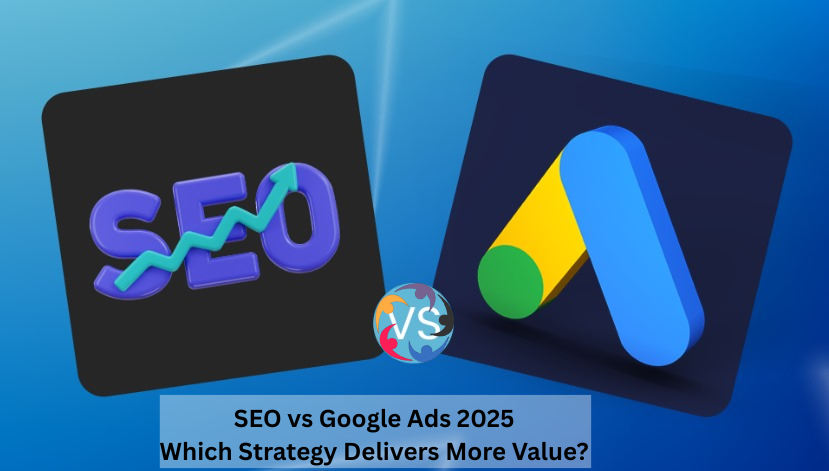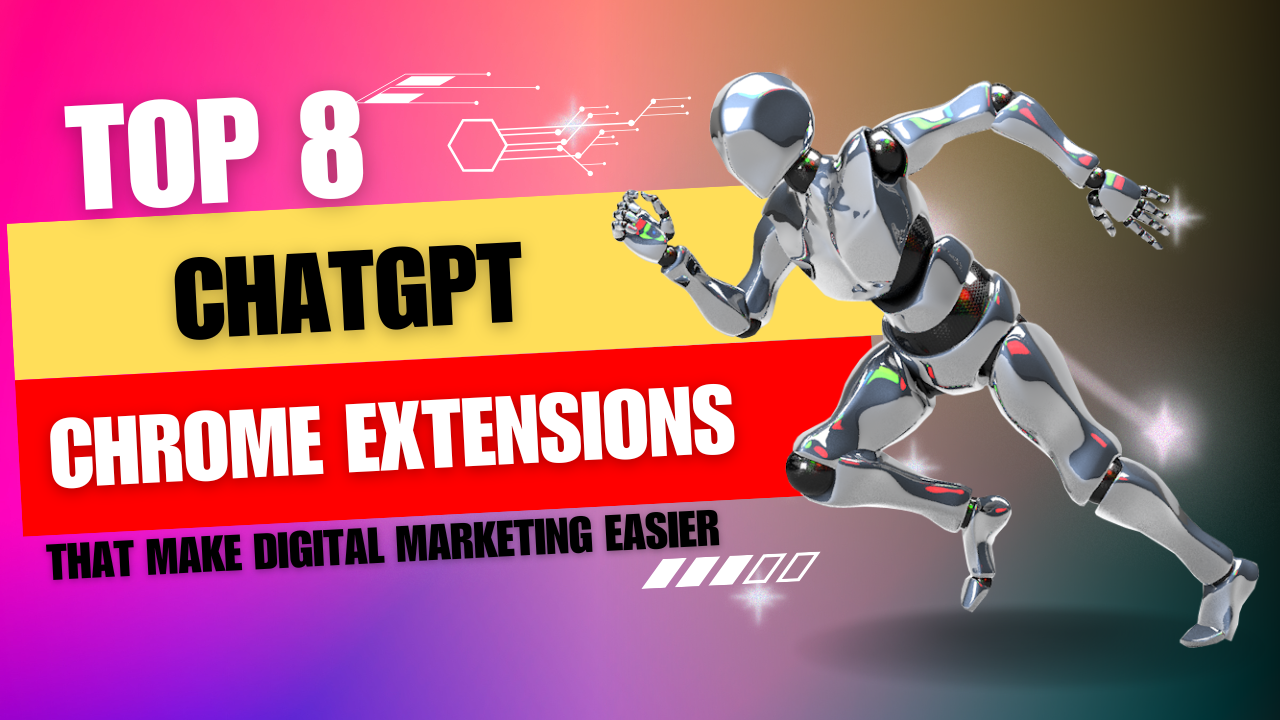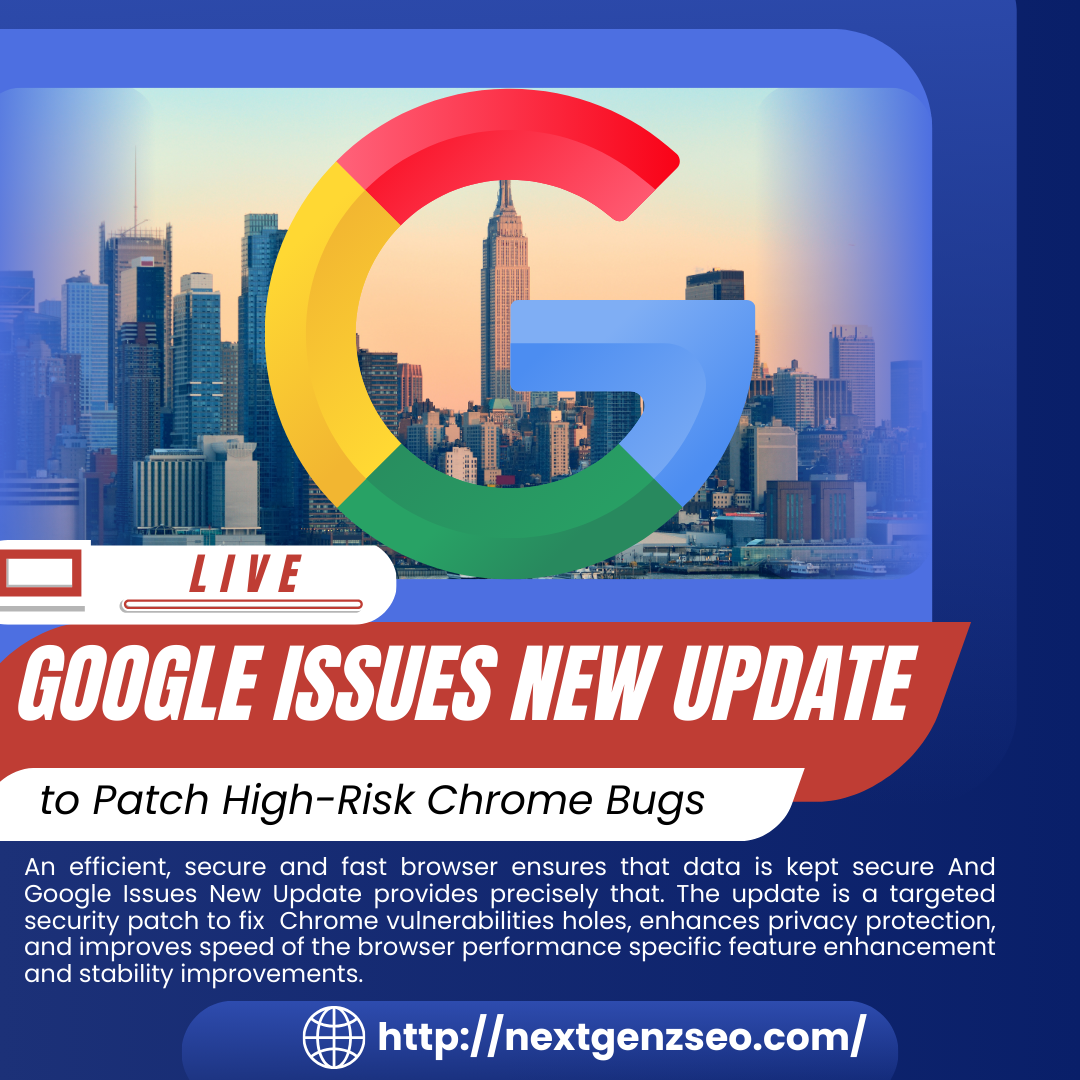What Makes SEO Different from Google Ads in 2025?
It was late 2024 when a startup owner faced a dilemma: invest in Google Ads for immediate leads or strengthen their SEO strategy for long-term organic traffic. Like thousands of businesses, they stood at a digital crossroad where one path promised paid search visibility while the other offered sustainable growth. This decision has only become more pressing in 2025 as digital competition intensifies and search engine results pages (SERPs) evolve seo vs google ads.
At its core, SEO (Search Engine Optimization) is about building an organic, long-term, and cost-efficient online presence. It thrives on keyword optimization, search visibility, and link building to achieve natural ranking. In contrast, Google Ads represent a paid, immediate, and conversion-focused approach where brands control their budget and target specific audiences for instant traffic.
The distinction lies in intent and timeframe. SEO is designed for businesses that want credibility, authority, and sustainable results. Meanwhile, Google Ads work best for those who need quick leads, measurable ROI, and flexible targeting. In 2025, this contrast is sharper because user intent has diversified and AI-driven platforms now shape how ads and organic results are delivered.
Key Benefits of Choosing SEO for Long-Term Growth
One of the most enduring advantages of SEO is its ability to deliver high-quality organic traffic. Unlike paid search, where visibility disappears the moment you stop funding campaigns, SEO builds lasting authority. By focusing on content optimization, topical authority, and natural ranking, businesses earn a steady stream of unpaid clicks that compound over time.
SEO in 2025 also emphasizes E-A-T (Expertise, Authority, Trust) more than ever. Search engines reward credible content that aligns with user intent, making link building and content relevance critical. The cost-efficiency of SEO cannot be overlooked. While the initial investment may be high, long-term returns outpace short-term advertising expenses, making it the best digital marketing strategy 2025 for sustainable business models.
For example, a brand that invests in SEO today builds a resource hub that continuously drives organic traffic even when marketing budgets tighten. The process is slower than Google Ads, but the eventual authority and visibility are unmatched.
Why Google Ads Still Matter for Instant Results

Despite the dominance of SEO in long-term growth, Google Ads remain invaluable in 2025. Businesses seeking immediate conversions find PPC campaigns essential because they deliver targeted traffic almost instantly. With flexible budgets and advanced AI-driven targeting, brands can reach precise demographics, test new markets, and scale campaigns within hours.
The conversion-focused nature of Google Ads also makes it attractive for seasonal campaigns, product launches, and event promotions. Unlike SEO, where it may take months to rank for competitive keywords, Google Ads ensures visibility at the top of search engine results pages. This visibility, combined with split testing (A/B testing) and real-time analytics, provides marketers with measurable ROI that can be optimized continuously.
However, the trade-off is sustainability. Once spending stops, so does visibility. This dependency on budget allocation makes ads less cost-efficient compared to SEO. Yet, in industries with high competition or time-sensitive offers, Google Ads can be the difference between success and invisibility.
How SEO and Google Ads Work Better Together
The real magic in 2025 lies not in choosing between SEO vs Google Ads but in combining both. The integration of organic and paid strategies creates a synergistic effect that fuels the entire marketing funnel, from awareness to conversions.
When SEO builds credibility and long-term organic visibility, Google Ads amplify reach by targeting audiences who may not yet know your brand. This blended approach ensures that while organic traffic grows steadily, paid search campaigns deliver immediate results. Together, they reinforce each other—ads drive clicks, while SEO ensures users trust what they see once they land on your site.
For instance, a company running both Google Ads and SEO campaigns enjoys dual exposure: dominating both paid search listings and organic rankings. This boosts brand authority, increases click-through rates (CTR), and improves ROI by balancing short-term performance with long-term sustainability.
At NextgenzSEO, we emphasize this dual strategy because modern marketing is not about either/or but about integration that adapts to changing search behavior.

Conclusion Where Should Businesses Invest in 2025?
The debate around SEO vs Google Ads 2025: Which Strategy Delivers More Value? doesn’t have a one-size-fits-all answer. The decision depends on business goals, budgets, and timelines.
If your priority is long-term growth, authority, and credibility, then SEO is the superior investment. It builds organic traffic, fosters brand trust, and drives sustainable ROI. On the other hand, if your business requires immediate visibility, targeted reach, and fast conversions, Google Ads remain essential.
The smartest move in 2025 is not choosing between them but leveraging integration. SEO and Google Ads together create a hybrid strategy that aligns with user intent, business growth, and the evolving buyer’s journey. At NextgenzSEO, we recommend businesses favor SEO for long-term value while using Google Ads strategically for instant campaigns and competitive markets.
In short, if your goal is scalability, resilience, and profitability, the answer is clear: invest in both, but prioritize SEO as the backbone of your digital strategy.
Frequently Asked Questions (FAQs)
1. Why is SEO considered more sustainable than Google Ads?
SEO delivers organic traffic that continues even after active campaigns stop, while Google Ads visibility disappears when the budget ends.
2. Does Google Ads improve SEO rankings?
No, Google Ads do not directly impact SEO rankings, but they can complement SEO efforts by increasing brand exposure and click data.
3. Which offers better ROI in 2025: SEO or Google Ads?
SEO offers higher long-term ROI due to its compounding nature, while Google Ads deliver immediate but temporary returns.
4. How does user intent affect SEO vs Ads in 2025?
User intent determines whether a searcher wants quick solutions (ads) or detailed insights (SEO content). Aligning with intent boosts performance.
5. Can small businesses benefit more from SEO or Google Ads?
For limited budgets, SEO provides sustainable growth, but small businesses can use Google Ads for quick visibility in competitive markets.
6. Why is integration the best digital marketing strategy 2025?
Because combining SEO and Google Ads balances long-term credibility with short-term conversions, creating a more resilient digital strategy.





